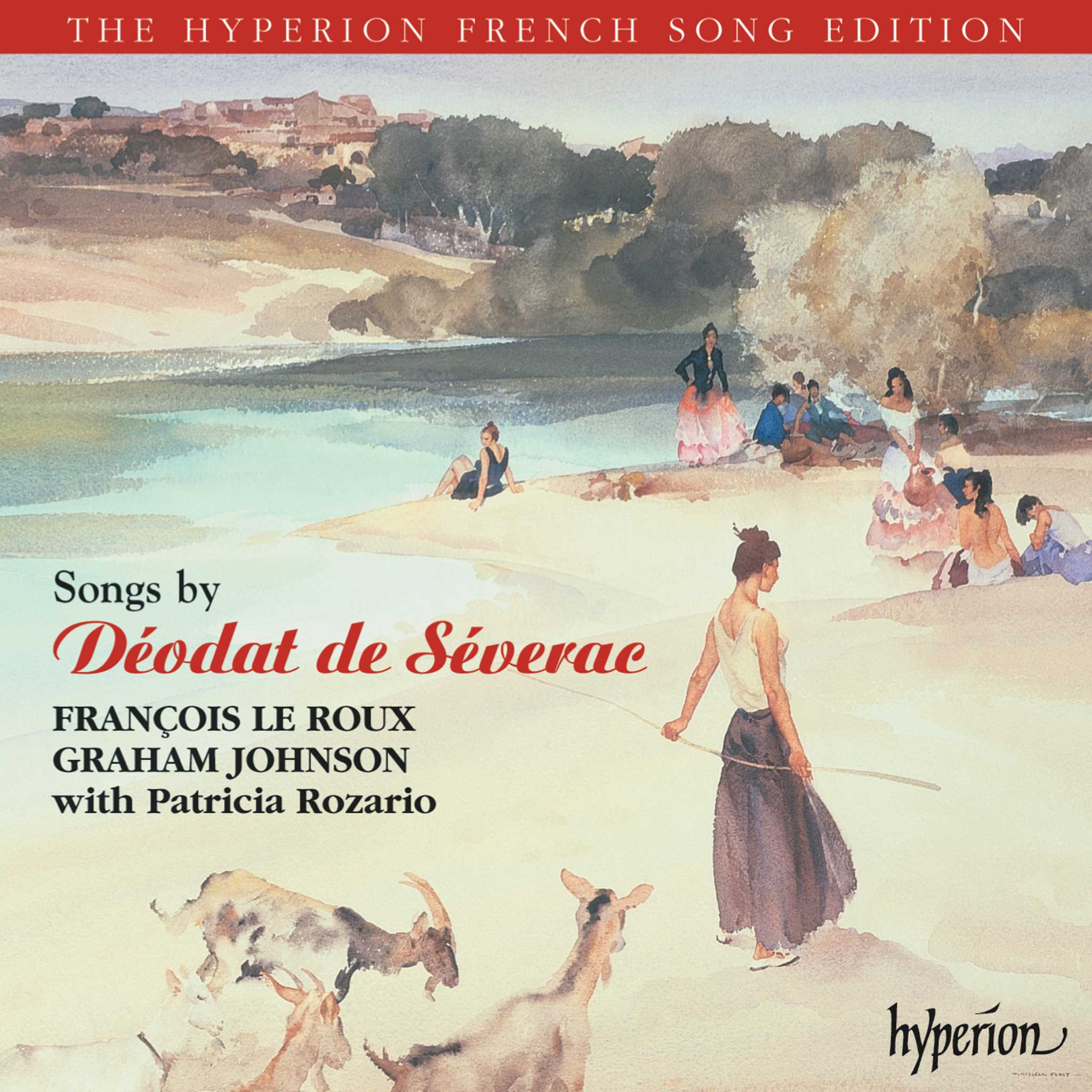Fascinating Works
Join us at STAGE+ as we immerse ourselves in the fascinating works of renowned French composer Déodat de Séverac. Known for his highly evocative and expressive compositions, de Séverac's distinctive style offers a mesmerizing journey into melodious narratives and scintillating soundscapes.
In the spotlight is one of de Séverac’s most beloved collections, the stirring "Songs", which is part of the Hyperion French Song Edition. This compelling anthology showcases the composer's brilliance and profound sensitivity towards musical storytelling. Defying categorization, each track stands out uniquely and offers listeners a sublime melody infused with emotion and passion.
Spiritual and Choral Works
Alongside de Séverac's songs, this collection also features "Panis angelicus – Favourite Motets from Westminster Cathedral", an assortment of divine motets that will sweep you away to a realm of joyful serenity. Performed by the illustrious Westminster Cathedral Choir under the proficient guidance of James O'Donnell, the motets exhibit a stirring harmony of voices, bringing each word to life and awakening the senses.
Piano Music and Other Instrumental Works
Adding to this tantalizing line-up are the virtuosic talents of François Le Roux and Graham Johnson, who offer their musical expertise to the repertoire. Their performances breathe new life into these timeless pieces, making them resonate with contemporary audiences and retaining their timeless appeal.

